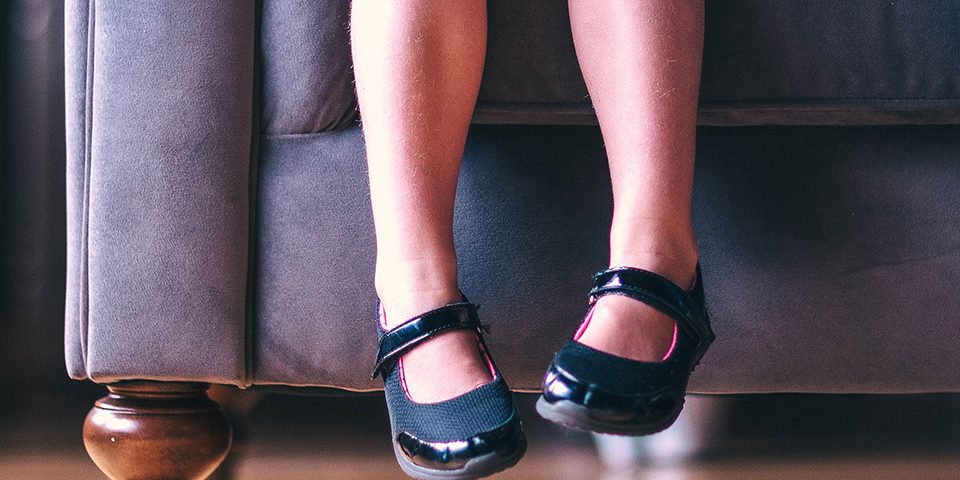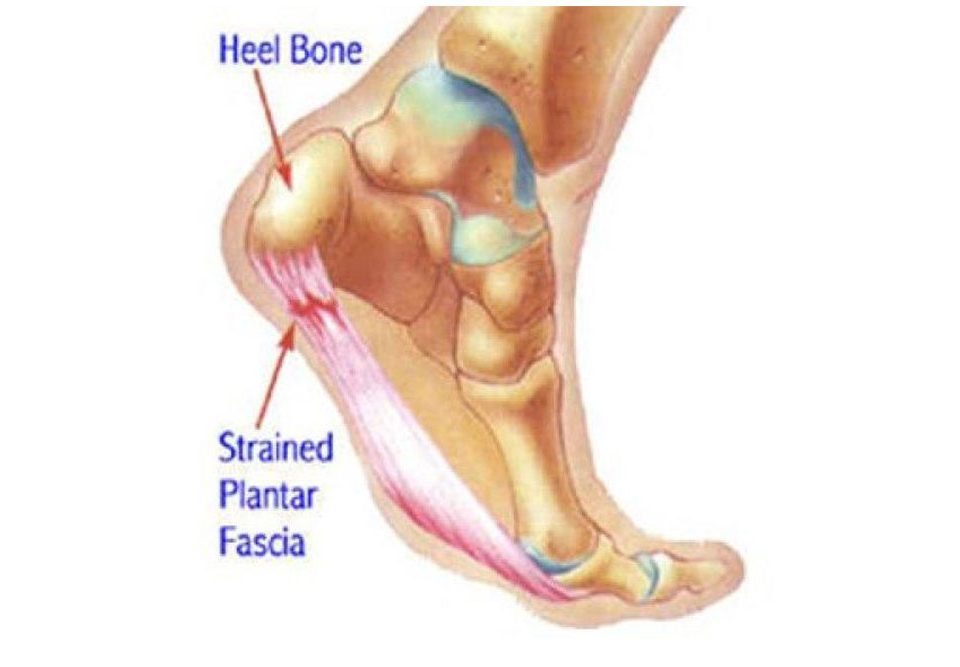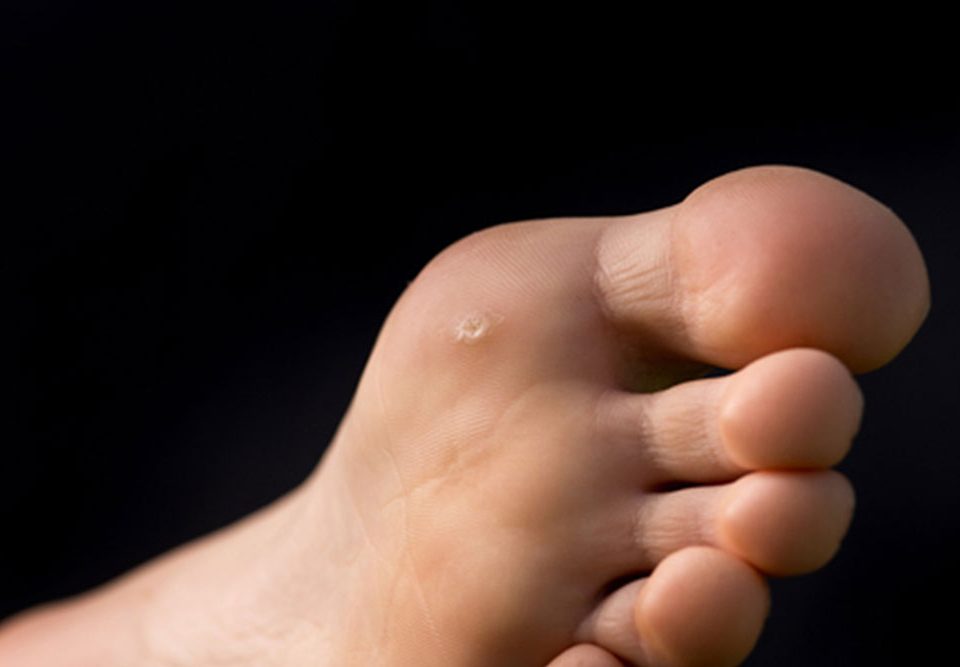Children’s Foot Care
Children’s Foot Care
Many adult foot problems have their origins in childhood. During the first year of a child’s life their feet grow rapidly, reaching almost half their adult size. By 12, a child’s foot is about 90 percent of its adult length. This is why podiatrists consider the early years to be the most important in the development of feet. Neglecting foot health can also lead to problems in other parts of the body, such as legs and back.
Your Baby’s Feet
Children’s feet differ from those of adults, as they are not yet fully formed. Around 10cm long at birth, the feet will double in size by the time your child is one year old. At 6 months of age the foot is still mostly cartilage which means abnormal pressure on their feet can lead to deformities. Your baby will be aware of and will begin to play with both feet, the only footwear babies need is socks for warmth, as they are not constrictive and allow the feet to grow normally.
Some suggestions to help ensure normal development of your baby’s feet are:
- Provide an opportunity for your baby to exercise their feet. By covering your baby loosely, you allow your child to kick and perform other related motions, preparing their feet and legs for walking.
- Try to avoid placing your baby on their stomach for prolonged periods as this can place excessive strain on their feet and legs.
Starting to walk
At around 12 months most children begin standing and walking. Those first steps are always exciting but just imagine – your toddler will probably walk the equivalent of four times around the world in a lifetime. During this stage shoes are generally not necessary, unless a problem is detected.
Allowing your child to walk barefoot or sometimes to wear socks without shoes can help normal muscle development. If shoes are to be worn, they should be fitted by an experienced shoe fitter after a child has been walking independently for several weeks.
Sitting positions may also affect your children’s feet and leg development. In particular, try to discourage your children from “frog sitting” with their knees turned in and their feet turned out. Sitting with legs crossed “Indian style” is preferred.
Growing up
“Don’t worry – they’ll grow out of it” is a common response to parents concerns about the development of their children’s feet or legs. In some cases this can be true, however as children grow up their feet and legs undergo various stages of development.
Your podiatrist will be able to advise you whether your child’s development falls within acceptable limits for their age, or if treatment may be required.
Don’t dismiss your child’s consistent complaints of aches as “just growing pains”. The reason for persistent aches and cramps can sometimes be due to poor foot or leg posture.
Advice to Parents
- Most foot and lower leg problems in children do not cause pain.
- Don’t restrict a baby’s development with tight bed clothes, booties, socks or blankets. Allow them to kick and exercise legs and feet.
- Discourage poor sleeping and sitting positions (i.e. sleeping on stomach or kneeling with feet turned out). Sitting with legs crossed is preferred. When your child begins walking, look for signs that may indicate abnormalities in their structure and development. Signs to look for include:
- Awkward walking style
- Feet turned out excessively
- Painful, tired legs at the end of the day (also known as ‘growing pains’)
- Abnormal wear patterns on shoes
- Skin lesions (i.e. corns, blisters, calluses)
- Constant tripping or clumsiness
- If you have any concerns about your child’s foot health development, seek the advice of a podiatrist. To be assured that there is no problem is better than being told “You should have come earlier when we could have done something about it”.
Common Children’s Foot Care problems treated by Podiatrists





